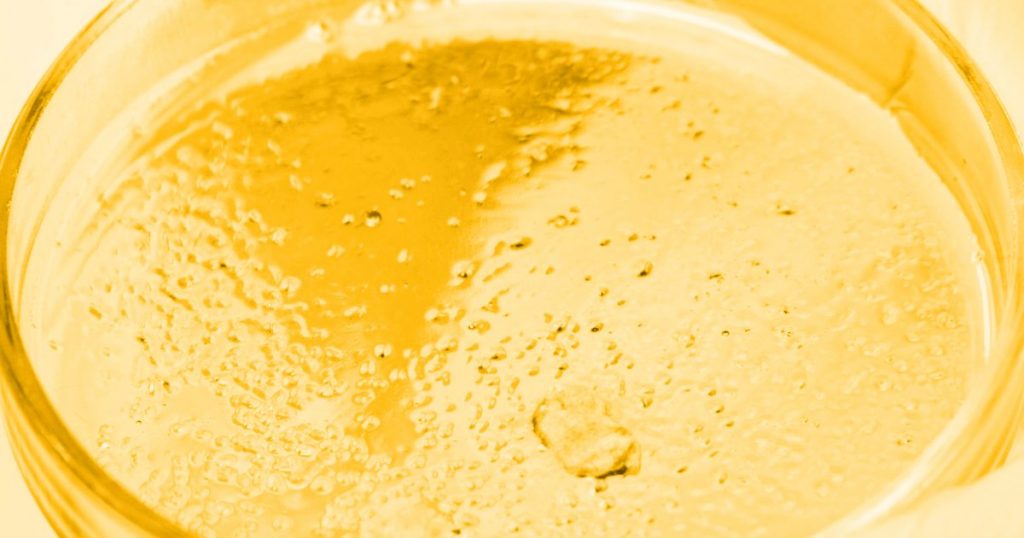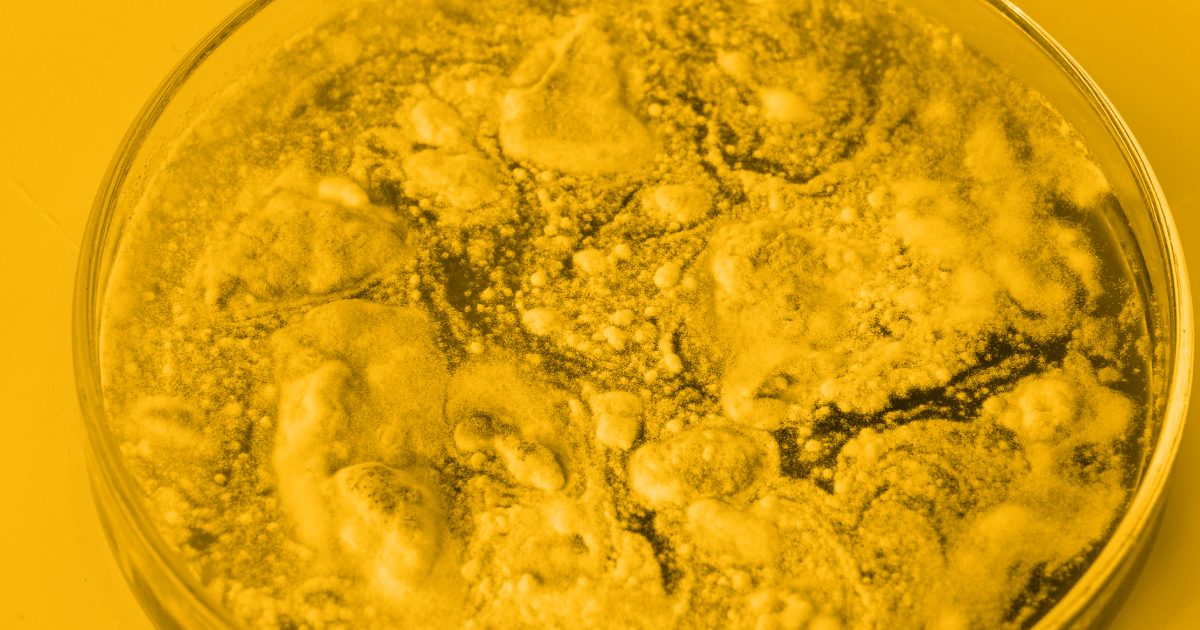March 5, 2024
Microbiologists play a crucial role in advancing our understanding of the microscopic world, dedicating their careers to the study of tiny organisms like viruses and bacteria. Their primary goal is to uncover the behaviours and traits of these organisms to prevent infectious diseases. Gaining insight into the daily activities of a microbiologist can be invaluable for those considering a career in this field. This article delves into the responsibilities of microbiologists, examines the various environments in which they work, and provides advice for embarking on a career in microbiology.
Understanding the Role of a Microbiologist
Before diving into the specifics of a microbiologist’s duties, it’s essential to grasp who these professionals are. Microbiologists are scientists dedicated to the study of microorganisms, including bacteria, viruses, fungi, and other microscopic entities. Characterised by their investigative nature, curiosity, and attention to detail, they play a pivotal role in preventing, diagnosing, and treating various diseases through the examination of microorganisms and their interactions with their surroundings. Below is an overview of the key tasks and responsibilities that microbiologists typically engage in:
- Designing and Executing Experiments: This can range from testing how an organism reacts to different environmental factors to conducting research aimed at developing new pharmaceuticals.
- Creating New Pharmaceuticals: Microbiologists are instrumental in the innovation of new medical solutions, including vaccines, drugs, antiseptics, and other healthcare products.
- Cultivating Microbes: To study microbes effectively, microbiologists often grow them under controlled conditions, facilitating the analysis of a particular organism’s prevalence in a sample.
- Monitoring Microorganisms in the Environment: This involves understanding the behaviours of species and their reactions to various stimuli and environmental conditions.
- Sample Collection: Gathering samples from diverse sources, whether different geographical locations or specific human body parts like the throat or nose, is crucial for obtaining a broad spectrum of organisms.
- Analysis and Interpretation: Accurate conclusions are drawn from meticulous documentation, analysis, and interpretation of data in the context of existing research.
- Adhering to Health and Safety Protocols: Given the potential risks involved, microbiologists follow rigorous health and safety guidelines, especially when handling harmful organisms.
- Inspecting Food and Beverage Production: Those in the food and beverage industry focus on collecting samples from manufacturing sites and ensuring compliance with health standards.
- Laboratory Management: Beyond conducting experiments, some microbiologists are responsible for overseeing laboratory operations, including scheduling, budgeting, and project management.
- Publishing Research: Writing and publishing research findings significantly contribute to advancements in microbiology, sharing new discoveries and insights with the scientific community.
- Staying Informed on Scientific Advances: Keeping up-to-date with the latest scientific developments is crucial for microbiologists, as new discoveries can have significant implications for their ongoing research.
This comprehensive approach to their work allows microbiologists to make significant contributions to the field of science, impacting public health, medicine, and beyond.
Roles and Salaries of Microbiologists in the UK
Microbiologists occupy diverse positions across several sectors in the UK, such as food and beverage safety, environmental waste management, and roles within various government bodies. Below are examples of careers in microbiology, including their responsibilities and average salaries:
Research Technician
National Average Salary: £13.20 per hour
Key Responsibilities: Research technicians often find employment at universities or research facilities, working independently or as part of a research team. Their duties range from conducting cell counts using fluorescent microscopy and maintaining cultures of microbes to extracting DNA from environmental specimens and microbes. They are also involved in designing research projects, securing project funding, leading preliminary studies, presenting findings, and compiling reports on research outcomes.
Microbiology Technician
Average Salary: £26,629 per year
Key Responsibilities: As an introductory role in microbiology, these technicians carry out safety assessments on products and materials. They might be employed by a pharmaceutical firm to test and analyse water used in manufacturing, ensuring compliance with health standards. Skills essential for this role include excellent organisational and aseptic techniques, teamwork, and the ability to produce technical reports.
Laboratory Manager (Microbiology)
Average Salary: £40,319 per year
Key Responsibilities: This senior role is typically held by experienced microbiologists responsible for overseeing laboratory operations and managing personnel. Laboratory managers establish and enforce quality standards, maintain equipment, oversee repairs, and manage inventory. They are also in charge of monitoring lab productivity and ensuring that projects are completed on schedule.
These positions reflect the broad range of opportunities available in the field of microbiology, each with its specific focus and expertise level, contributing significantly to various sectors within the UK.

Employment Opportunities for Microbiologists
Microbiologists are integral to a wide range of organisations, where they fulfil crucial yet varied roles. Below are several key environments where microbiologists find employment:
- The Food Standards Agency (FDA): Here, microbiologists conduct inspections to verify the safety of food products, ensuring they meet health standards.
- Public Health England: In this setting, microbiologists contribute to public health by analysing and providing data on infectious diseases and identifying individuals at risk.
- Universities: At academic institutions, microbiologists engage in research and also impart their knowledge to students, nurturing the future generation of experts in the field.
- Hospitals: Medical microbiologists in hospitals are tasked with diagnosing infectious diseases, advising on treatment options, and implementing measures to prevent disease transmission.
- Food and Beverage Manufacturers: To prevent health hazards and legal issues, these manufacturers rely on microbiologists to perform safety tests and quality control assessments on their products.
- Research Institutes: Similar to universities, these organisations depend on the expertise of microbiologists to advance research in specific scientific domains.
- Water Treatment Facilities: Governments employ microbiologists to assess water quality, ensuring it is free from harmful chemicals and safe for public consumption.
- Waste Management Companies: These companies utilise microbiologists to verify that waste processing and disposal do not pose a risk of spreading infectious organisms.
The Path to Becoming a Microbiologist
The path to a career in microbiology is relatively clear-cut, involving a series of educational and training steps. Here’s how you can embark on a career as a microbiologist:
Earn a Bachelor’s Degree: The foundational step is to secure a bachelor’s degree in microbiology or a related field. This requires prior completion of A-levels, preferably in science subjects such as biology and chemistry. A degree in microbiology, microbial sciences, biomedical sciences, or applied biology, which typically takes three years to complete, equips you with the essential knowledge and skills for your future career.
Pursue Postgraduate Education: Given that many positions in microbiology require advanced qualifications, pursuing a master’s degree is a strategic move. Postgraduate studies allow you to specialise in a particular microbiology segment and enhance your qualifications for roles in research, academia, or product development in corporate settings. Individuals with postgraduate degrees often find opportunities in research at universities or research institutes, as well as in research and development departments of large corporations, enjoying competitive salaries due to their specialised expertise.
Complete the NSHCS Scientist Training Programme (STP): For those aiming to become clinical scientists in microbiology, participating in the STP is essential. This three-year programme culminates in a master’s degree and certification. Admission is competitive, with a preference for candidates who have achieved a first or upper second-class bachelor’s degree. Information about the programme and application details can be found on the National School of Healthcare Science website.

Published on 05-03-2024

